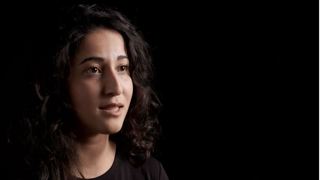About the freedom of speech
The freedom of speech is fundamental in a democratic society. In Sweden, the freedom of speech is protected by a fundamental law. Thanks to the freedom of speech, you can express your views and hear the views of others, influence society, shape opinion and participate in the democratic discourse.
Right to have differing views
The freedom of speech also means that no one has the right to go unchallenged. The right to have differing views, to disagree, to express criticism and to call into question is a part of a democracy. A democratic society must be open to different voices and give everyone an opportunity to express themselves. Democracy is dependent on people participating and getting involved in social issues.
Even if we have the freedom of speech in Sweden, it does not mean that everyone has the right to say, express and spread anything. Subjecting anyone to threats and hatred can be criminal.
